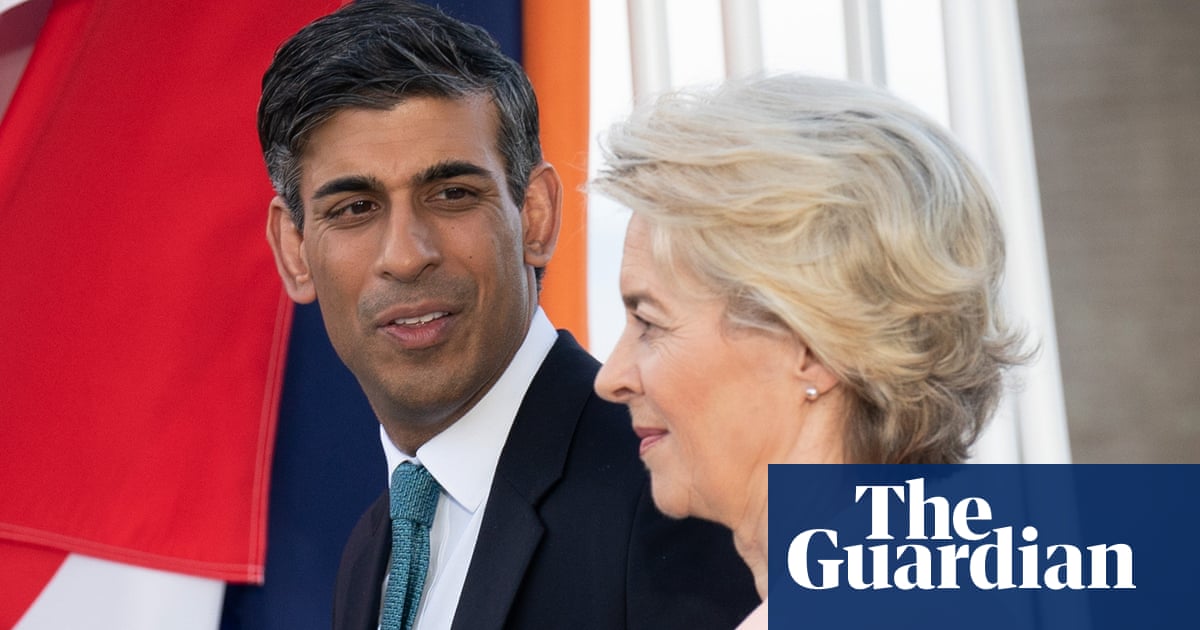
EU diplomats have dismissed Michael Gove’s suggestion that Brussels and the UK could negotiate a trade deal with tariffs on goods in six months, saying it “will never happen”.
Giving evidence to the House of Lords EU committee last week, Gove said the government could “modify our ask” by giving up on a “zero-tariff, zero-quota” trade deal in order to keep the UK free from a duty to adhere to European standards on workers’ rights, environmental protection and state aid.
Saying the UK might “end up like Canada”, which signed a trade deal with the EU including some tariffs and quotas on agricultural goods, Gove said: “We will regret that, we will think that it is a missed opportunity, but if that is the price that we have to pay then there we go.”
The two sides are trying to negotiate a deal with zero tariffs and zero quotas (limits on goods), but the UK is resisting EU calls to maintain common standards in exchange for free trade.
EU diplomats said Gove’s proposal was incompatible with the government’s refusal to extend the transition period. “If we are going to negotiate specific tariff lines, even if it is only a couple of hundred, there is no possibility that we will do this by the end of the year,” said one EU diplomat with experience in trade negotiations. “That’s completely unheard of. It will never happen. But if we are going to go into a line-by-line negotiation, this will take two years.”
A second EU diplomat said negotiating even a small number of tariffs could take two or three years. “You cannot do this in six months’ time,” the diplomat said – a reference to the fact that the EU wants talks concluded by October to allow ratification by the end of the year.
EU sources say it will be impossible to negotiate tariffs quickly because the 27 member states would need time to agree a common position, balancing competing national interests.
“We will have to define a careful assessment on each tariff line to see where the EU interest is, because it may well be that we will also want to protect industrial products,” a third diplomat said. “Member states’ interests are not the same.”
The source said diplomats “don’t really believe” signals from London that “the UK may be willing to concede tariffs and quotas on specific products, like Canada”.
The EU insists the UK must be treated differently to Canada because of its proximity and far bigger trading ties.
EU countries in northern Europe, who are strong supporters of free trade, would also strongly resist British calls to erect trade barriers in the Channel. It is feared that discussing tariffs would open the door to other trade restrictions.
“Are we doing quotas? Are we going to have specific rules of procedure for different sectors? Are we going to have safeguards in some areas? It’s a nightmare,” said one of the diplomats.
A UK government spokesperson said: “Our aim is achieve zero tariffs and zero quotas – that is at least as much in the EU’s interest as ours, and the EU has come close to reaching this aim in their other FTAs (free-trade agreements).”
British and Brussels negotiators are holding their third round of post-Brexit talks, which are due to conclude on Friday, and EU expectations of a breakthrough are low.
Meanwhile, the UK trade secretary, Liz Truss, has outlined the government’s negotiating aims for a trade deal with Japan, which it hopes will boost commerce between the two countries by £15.2bn.
The UK is scrambling to replace trade agreements in place with dozens of countries through the EU, including one with Japan that came into force in 2019.












